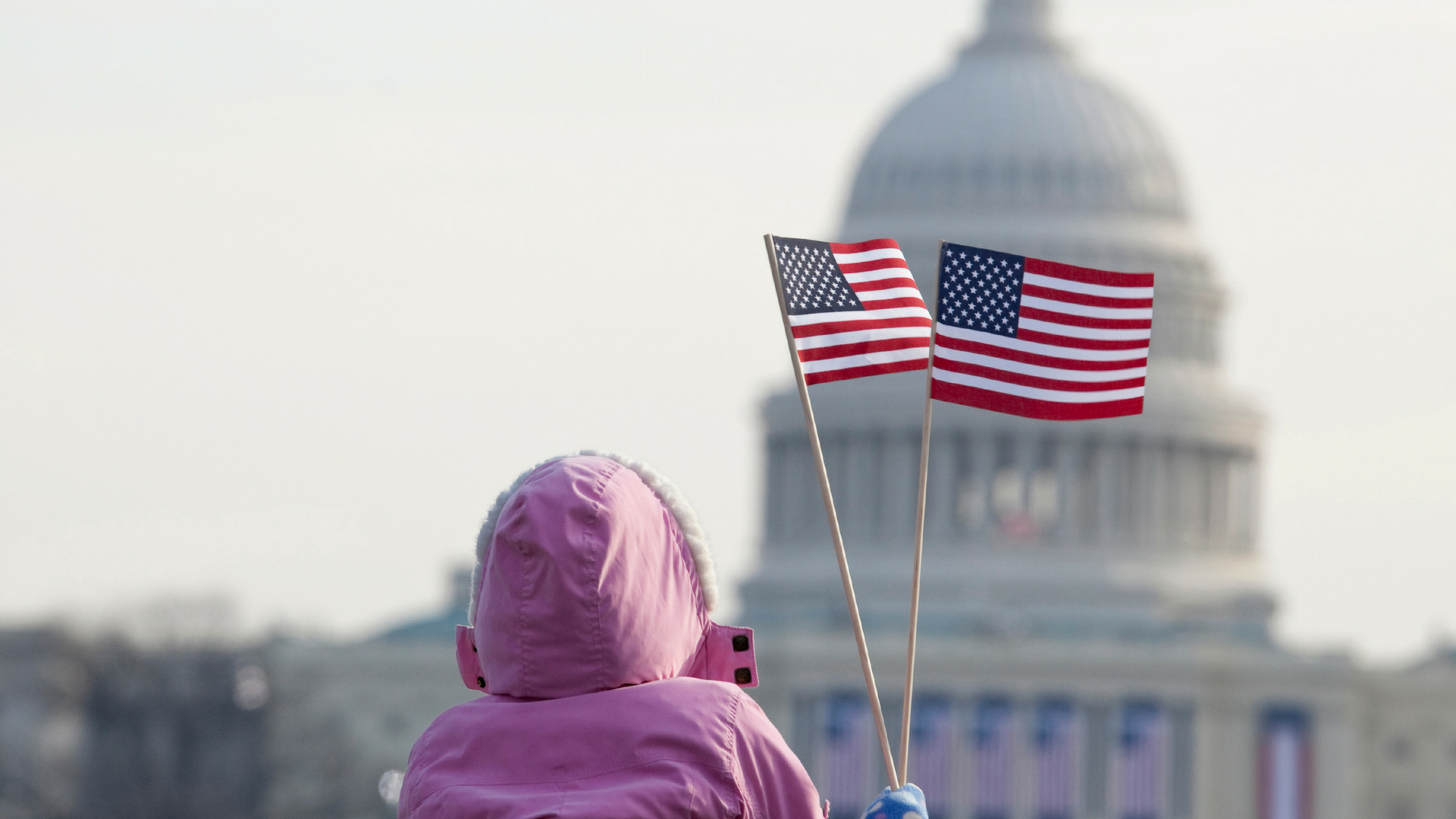In late 2018, PACE undertook a research effort to better understand the perceptions of language our field uses to describe civic engagement and democracy work. In other words, when we say “civic engagement” or “democracy” or “patriotism,” “activism,” or “justice” to most Americans, what do they hear? And what does it mean to them?
The exploration took shape in both qualitative and quantitative research methods. Our research team included Topos Partnership, communications experts who led a series of focus groups to delve into these words and phrases, and Dr. Parissa Ballard, a researcher at Wake Forest School of Medicine, who developed and distributed a detailed online survey. Both approaches elicited feedback from a diverse and nationally representative sample of participants. It was limited in size and scope, but we hope may illuminate possibilities for additional exploration. (To learn more about the inspiration for our exploration, view a high-level summary.)
The research illuminated a great deal about Americans’ relationship to civic language. Below is a summary report from PACE, highlighting what we heard:
This summary was drawn from comprehensive memos from our research teams, detailing results from both focus group conversations and survey data:
A central goal of this effort was to spark conversation—both about what we heard, and how the findings might inform the work of practitioners. Below are two resources that can serve to guide discussions:
On May 16, 2019, PACE hosted a launch conversation in Washington, D.C. To view a recording of this event, click here.
On September 23, 2019, PACE made the raw, quantitative data from our survey available to the public in an effort to further democratize the research process and crowd-source additional findings (we announced this through a blog with Candid). We encourage folks to engage with the data directly to see and share what they observe and deduce in the spirit of further, collective learning and understanding
This project was made possible with collaboration and/or support from the Foundation for Harmony and Prosperity, Kettering Foundation, Fetzer Institute, Ford Foundation, the National Conference on Citizenship, and the Pritzker Innovation Fund. We also acknowledge the contributions of the working group that provided insight and guidance that was invaluable to the conceptualization and execution of this project.



